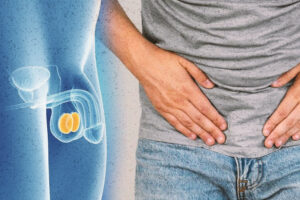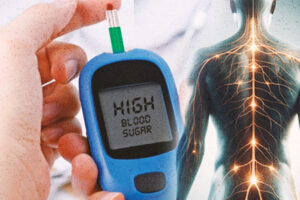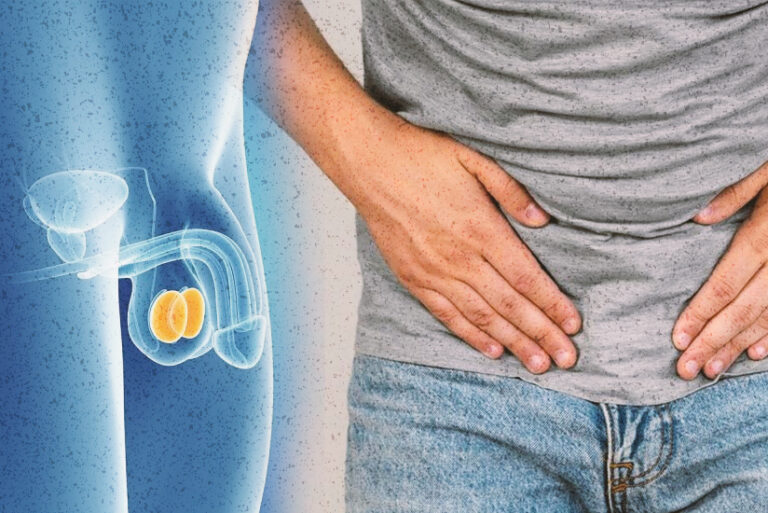By Henrylito D. Tacio
The prostate is a pili nut-sized gland, located between the bladder and the penis, that secretes fluid that nourishes and protects sperm. During ejaculation, the gland squeezes prostatic fluid into the urethra, which is expelled with sperm as semen.
The main function of the prostate is regulated by testosterone, a male sex hormone produced mainly in the testicles. Since the prostate is part of the male reproductive system – which also includes the penis, seminal vesicles and testicles – many people think prostate cancer has something to do with sex.
Doing sex more or doing sex less don’t cause prostate cancer. That’s according to Dr. Oscar Escudero, Jr., a urologist at the Davao Doctors Hospital. There’s no scientific evidence or clinical association that undersex or oversex can cause prostate cancer.
But R. Morgan Griffin, in a webMD.com feature, argues that having more sex might lower a man’s odds of getting prostate cancer. “Research suggests that the more often men ejaculate, the less likely they are to have the disease,” he wrote. The said research, done in 2016, showed that men who had sex the most (at least 21 times a month) had about a 20% lower chance of prostate cancer, compared with those who did it less (4 to 7 times a month). “That was true in several age groups,” Griffin wrote. “The exact number of times didn’t matter. Basically, the more men ejaculated in a month, the less likely they were to get prostate cancer.” In the study, having sex also included masturbation.
Now, a study done in 2003 in Australia, and published in the British urology journal BJU International, linked frequent ejaculation “early in life” with reduced risk for prostate cancer later on. On the other hand, another study done in 2004 – published in The Journal of the American Medical Association – showed that “ejaculation frequency is not related to increased risk of prostate cancer.”
In both studies, ejaculation frequency included sexual intercourse and masturbation, noted webMD.com’s David Freeman. However, a later study, again published in BJU International, found out that “frequent masturbation in young men raised the risk for prostate cancer but that frequent masturbation in older men lowered the risk.”
How is this possible? Freeman wrote: “The researchers theorize that it may not be the masturbation itself which is increasing risk of prostate cancer in men who masturbate frequently in their 20s and 30s. Men who masturbate more may do so because they have high levels of male sex hormones – and young men genetically predisposed to have hormone-sensitive prostate cancer will be at higher risk if they have more male hormones. In men over 50, the researchers theorize, frequent masturbation helps drain the prostate of fluids that may contain cancer-causing substances.”
What about circumcision? It is common knowledge that Muslim and Jewish men have lower rates of prostate cancer than men in industrialized countries. This suggests that circumcision may play a role in cancer risk.
How true is this? In the United States, a study in 2012 was conducted by the Fred Hutchinson Cancer Research Center in Seattle, Washington. Results of the study – published in Asian Journal of Andrology – showed that circumcision reduces the risk of aggressive prostate cancer by 18%, and less aggressive prostate cancer by 12%. The figures were “only for circumcision prior to sexual debut.”
Evidence continues to grow that circumcision may help lower a man’s overall risk for prostate cancer. Another study, done in Montreal, Canada, was conducted among men diagnosed between 2005 and 2009. The findings of the study, published in BJU International, stated that circumcision was protective in men circumcised after age 35. Among men circumcised within one year of birth, the procedure decreased the risk by 14%; when the procedure was performed after age 35, the risk decreased by 45%. Dr. Matthew Hobbs, deputy director of Research at Prostate Cancer United Kingdom, has this to say about the Canadian study: “While the total sample studied was large, the number of men who had been circumcised after the age of 35 was very small, so this should not be seen as strong evidence of an association. There was no statistically significant association between prostate cancer and circumcision for men circumcised at all other ages.
“No reason was collected for circumcision, so we can’t say if the association is with circumcision later in life or with whatever causes men to have circumcisions after that age,” Dr. Hobbs continues. “It is also highly likely that diet, lifestyle, socioeconomic status and healthcare behaviors may have played a role in skewing these results.”
Talking in general, Dr. Hobbs states: “The most important thing is that all men are aware of their risk of prostate cancer and talk to their general practitioner about it, particularly men who are over the age of 50, or those that have a family history of the disease.”
In the Philippines, prostate cancer ranks as the third leading cancer site among men, said Dr. Escudero in e-MedTalk series. Prostate cancer is behind lung, colorectal, and liver cancers. “It is important for us to know what are the possible symptoms of prostate cancer and the possible preventive measures we can take,” he said.
Like other forms of cancers, prostate cancer has some manifestations. “Generally, the signs and symptoms are related to urination,” Dr. Escudero said. These include: inability to urinate, or difficulty starting or stopping the urine flow; the need to urinate frequently, especially at night; weak or interrupted flow of urine; and pain or burning sensation during urination. Other symptoms include difficulty having an erection or decrease in the amount of semen ejaculated; blood in the urine or semen; and frequent pain in the lower back, hips or upper thighs. “If you have these symptoms, you better start consulting your urologist,” Dr. Escudero suggested.
The aforementioned are just signs and symptoms and only a doctor can know for sure whether a man has prostate cancer.
“If you are suffering from any of these symptoms, go and see your doctor immediately so that the cause can be diagnosed and any relevant treatment administered,” recommends Professor Peter Lim Huat Chye, senior consultant and advisor of the Department of Urology at the Changi General Hospital in Singapore. – ###








